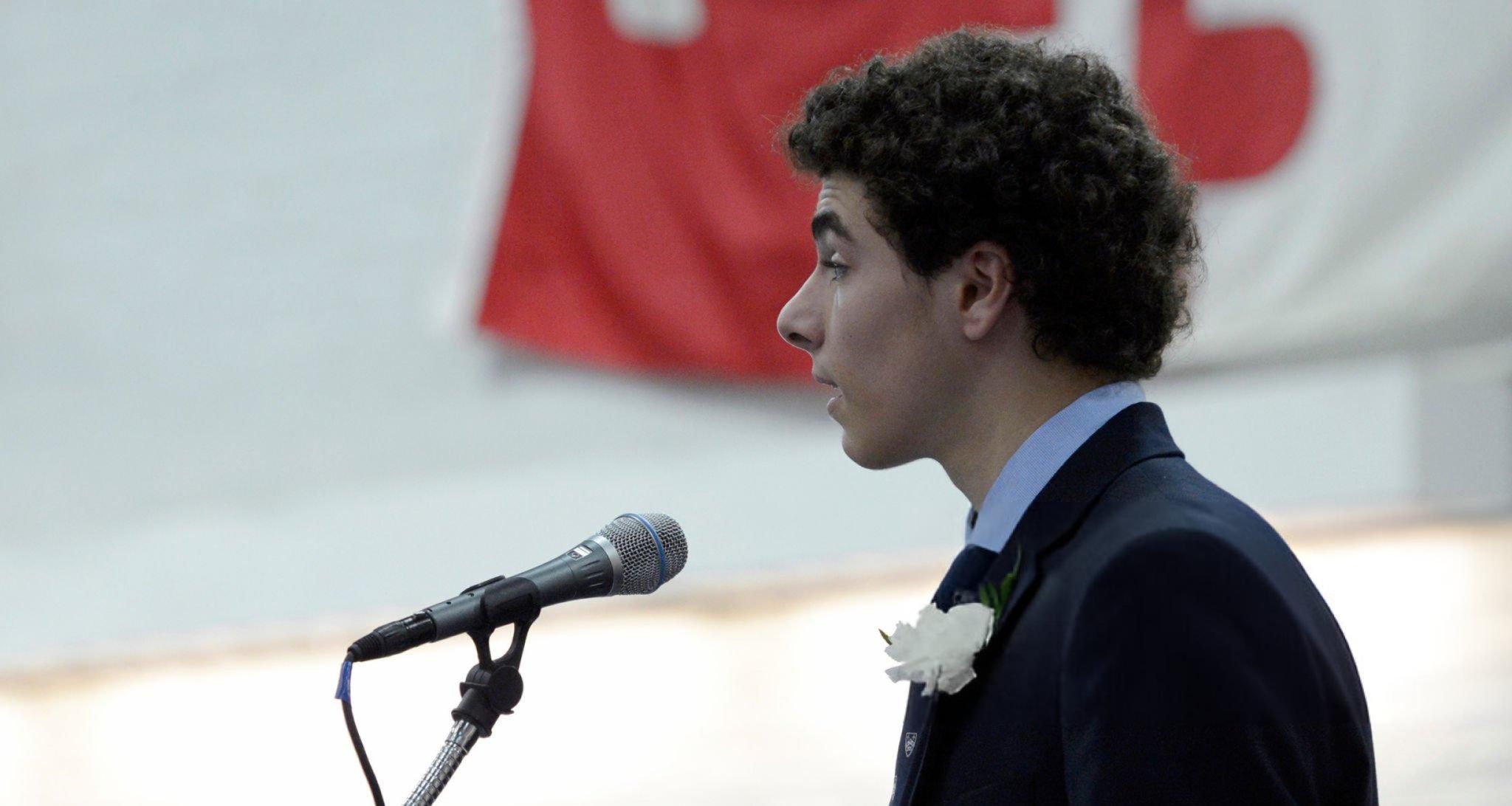In a chilling revelation, Luigi Mangione, the 26-year-old man arrested in connection with the murder of UnitedHealth CEO Brian Thompson, has been described by police as harbouring “ill will toward corporate America.” Authorities say Mangione, who was detained in Pennsylvania on Monday, is suspected of killing Thompson last week in what appears to have been a targeted attack.
Mangione, a Maryland native with a master’s degree in engineering from the University of Pennsylvania, was reportedly apprehended at a McDonald’s in Altoona after being recognised by authorities. Police found him carrying a 9mm handgun, which they believe was used in Thompson’s assassination, as well as a silencer. The weapon was identified as either a ghost gun—a firearm made from parts or a 3D printer—or one that had been heavily modified.
Police further confirmed that Mangione was in possession of a manifesto condemning the greed of the insurance industry, in which he admitted to killing Thompson. According to the New York Police Department (NYPD), the manifesto, which was hand-written, included a chilling statement in which Mangione justified his actions, writing: “I do apologise for any strife or trauma, but it had to be done. These parasites had it coming.”
Joseph Kenny, the NYPD Chief of Detectives, spoke about the findings during a press conference, stating that the manifesto indicated a deep disdain for corporate America. “It does seem he has some ill will toward corporate America,” Kenny remarked. The investigation continues to unfold as authorities piece together the circumstances surrounding the crime.
In a further development, it was revealed that Mangione was carrying a fake New Jersey identification card, which matched the one used by the suspected killer to check into a New York City hostel just ten days before Thompson’s death. The brazen daylight shooting of Thompson, 52, took place in Manhattan, where he was gunned down with a silenced 9mm firearm.
Investigators also noted that three of the bullet casings found at the scene of the murder had markings with the words “deny,” “defend,” and “depose.” These words are famously associated with the insurance industry’s reputation for denying patient claims, particularly in reference to UnitedHealth, the largest private insurer in the United States. The company has long been criticised for denying more claims than any other insurer, a practice that has fuelled anger among critics and patients alike.
A closer look at Mangione’s social media profiles sheds light on his motivations. His online activity includes praise for right-wing figures such as Elon Musk and Tucker Carlson, while also revealing a penchant for controversial literature. Among the books he reviewed positively on Goodreads were Dr. Seuss’ “The Lorax,” a cautionary environmental tale, and the manifesto of Theodore Kaczynski, also known as the Unabomber, whose violent anti-corporate views have long been documented.
The investigation into Mangione’s background has raised several questions about his mindset and whether he acted alone in planning the assassination. Police officials have noted that he appeared to be “self-funded,” meaning that no external support was immediately evident in the crime’s execution. As the case continues to unfold, it remains unclear whether Mangione’s anti-corporate sentiments were the sole driving factor behind the murder or whether other motives played a role.
UnitedHealth, which has faced mounting scrutiny for its handling of patient claims, expressed shock and sorrow at Thompson’s death, releasing a statement that mourned the loss of their CEO and reaffirmed their commitment to “improving the health and wellbeing of the people we serve.” The company did not, however, comment on Mangione’s manifesto or the specific allegations regarding their corporate practices.
Mangione is currently facing multiple charges, including weapons possession, forgery, and more, with a court appearance scheduled in western Pennsylvania. His case has sparked heated debate over corporate accountability and the increasing radicalisation of individuals who feel disenfranchised by the corporate elite.
As the investigation continues, the case of Luigi Mangione is raising significant concerns about the deepening divide between corporate interests and public perception, particularly within industries such as insurance that are viewed by some as profiting at the expense of the people they serve.






